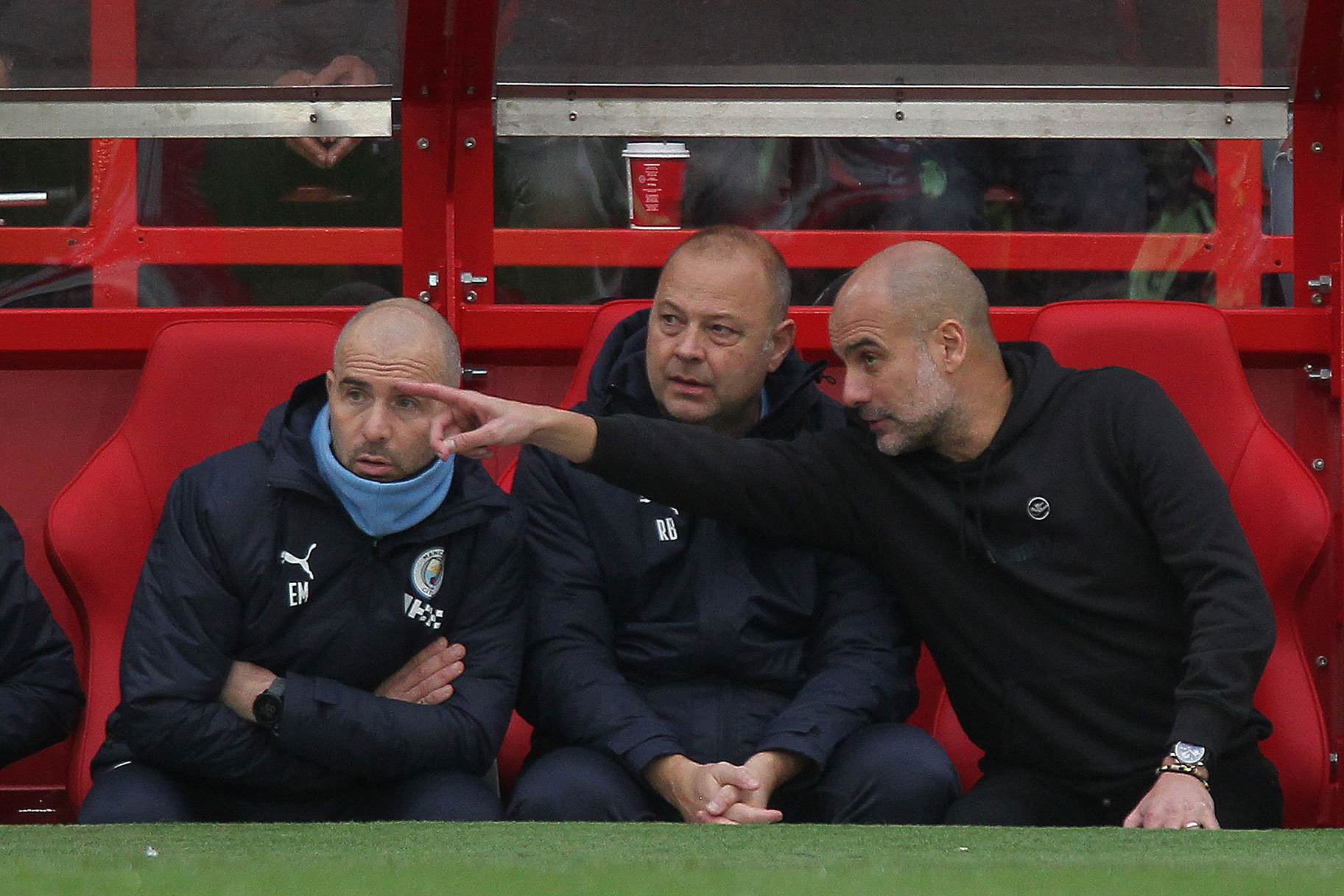Premier League Needs Stricter Regulation, Stiffer Ownership Rules, UK Government Says
The proposed changes come amidst enormous club spending and questions over ownership criteria.

The Premier League is in need of an independent regulator to govern, among other things, club sales, financial rule-breaking, and participation in "breakaway" competitions, the UK government has determined.
The government will establish a regulatory body to do just that, reasserting a measure of domestic control over a league that has seen an influx of foreign ownership and ambitions on the part of some clubs to capitalize on international revenue opportunities.
Once approved, the new regulator will have the power to deny teams from participating in any tournaments that fail to meet stringent criteria, a seeming response to the effort on the part of several large Premier League clubs, including Liverpool, Manchester United, Chelsea and Manchester City, to join with other top European franchises to create a European Super League, according to CNBC. The initiative, announced suddenly in 2021 with the goal of significantly increasing revenue through guaranteed entry in an elite international tournament, faced immediate backlash from fans, prompting the clubs to make an embarrassing reversal.
Additionally, the government plans to bolster the vetting process of new club owners which will include incorporating a “stronger due diligence on sources of wealth and a requirement for robust financial planning.” Rights groups have long insisted that potential Premier League team owners face human rights probes – ones that Saudi Arabia’s sovereign wealth fund were not subject to when it purchased Newcastle United in 2021.
As of now, the only guardrails in place exclude prospective buyers who possess criminal convictions on their record or who have been found guilty of violating major football regulations.
The new regulatory body will have substantial oversight on financial checks in an effort to target “links to criminality or corruption,” and it will also investigate whether clubs at all levels can prove they’ve cultivated a sustainable business model. After multiple lower-level teams like Bury, Derby County and Macclesfield Town experienced severe financial struggles recently, applying for and possessing a license will be a critical part of this process.
The new goals of the proposed regulation are also aimed at preventing clubs from breaching financial codes of conduct, as Manchester City was accused of doing earlier this month. The Premier League has charged the club with failing to reveal accurate revenue as well as player and manager spending. An investigation by an independent commission is ongoing.
Parliament member Stuart Andrew hailed the new development as “the most radical overhaul of football governance since the rules were first invented in a London pub back in 1863.”
Part of the new regulation will ensure the Premier League funnels its revenue down into the lower club levels that need it the most. Citing what he calls “systemic issues” on the professional level, Andrew notes how 62 clubs have fallen into administration since the Premier League's inception in 1992. The result of these collapses causes significant damage to the entrenched, surrounding communities and their local economies.
“All too often we hear of flagrant financial misconduct, unsustainable risk-taking and poor governance driving clubs to the brink,” explained Andrew.
Another element to the proposed oversight will empower fans by giving them a say in how teams are run, including potentially providing them with veto power over major club decisions like badges, kit colors, name changes, and stadiums.
While the English Premier League has reportedly been resistant to having an independent regulator in the past, the EPL is now publicly embracing the need for change as it aims to strengthen regulatory methods within the league while not hindering its growth and continued success.
“It is vital that regulation does not damage the game fans love to watch in the deepest professional pyramid in the world, or its ability to attract investment and grow interest in our game,” the Premier League detailed in its Wednesday statement.
In noting that Premier league clubs spent more than three times the total amount of the other five major European leagues combined during the last January transfer window, Daniel Harraghy, senior analyst at Ampere Analysis, warns that clubs may argue the restrictive nature of additional regulation will threaten the league’s ability to attract the highest caliber of players in the world. Furthermore, Harraghy told CNBC that a large portion of professional football clubs are still reporting operating losses from year to year.
“Further down the pyramid where income is much lower, clubs are investing heavily beyond their means, gambling on promotion to higher leagues with greater financial reward,” Harraghy said. “While owners can cover these losses in the short-term, it creates an unstable business model where the level of spending becomes unsustainable, and clubs are put under significant financial strain.”
“Ensuring long-term profitability will require some notable changes to the business models and spending habits of a large number of football clubs.”
Watch Premier League coverage on USA Network, featuring Premier League Mornings, select matches, and Premier League Goal Zone (check listings for games/schedule). And catch up on all the action on Peacock.













